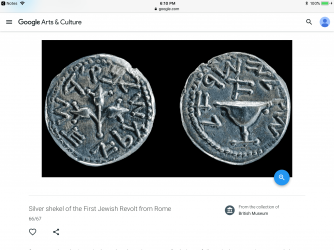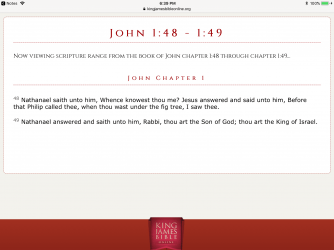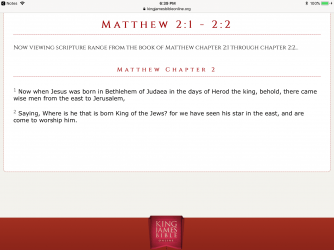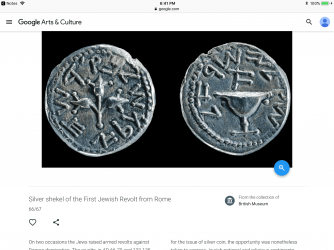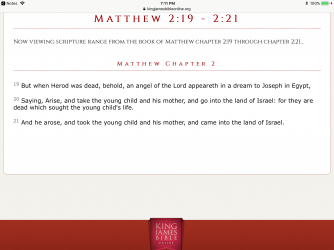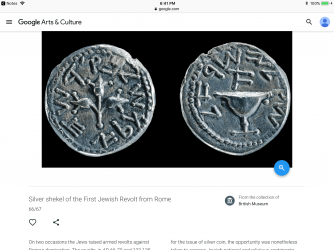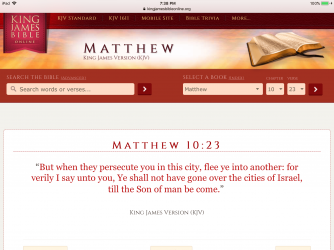Palestine never existed
Ancient shekel of Israel Silver shekel of the First Jewish Revolt from Rome - Google Arts & Culture
Ancient shekel of Israel Silver shekel of the First Jewish Revolt from Rome - Google Arts & Culture
